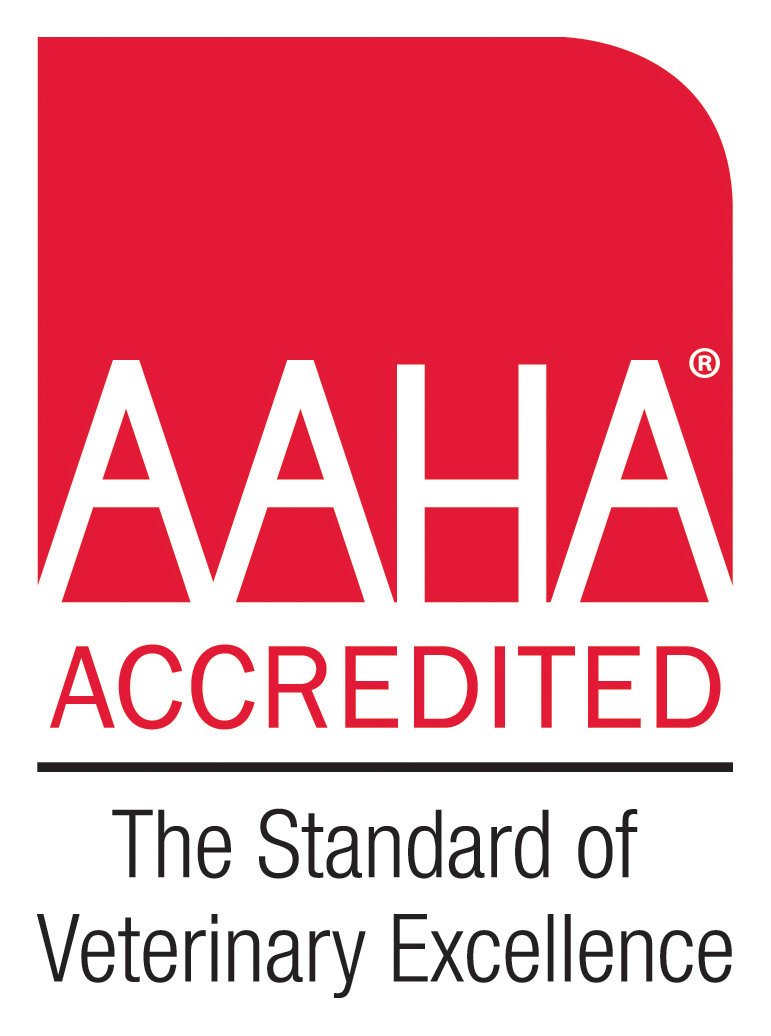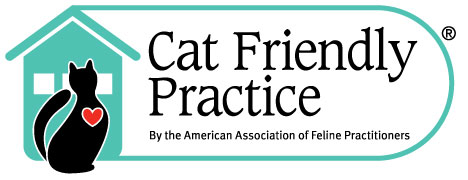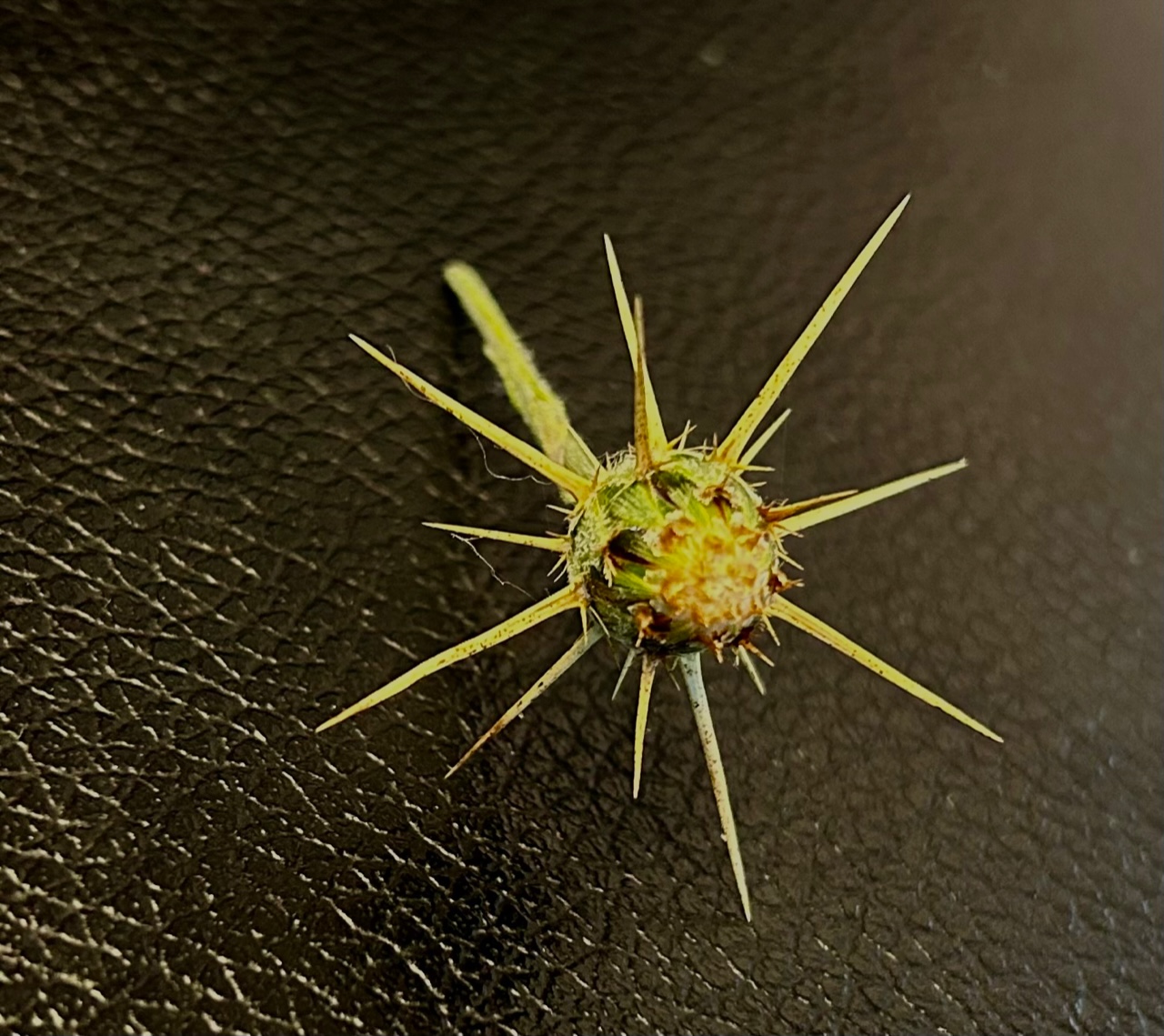By Bonnie Markoff, DVM, diplomat ABVP
It would be hard to miss the “grain free pet food” movement in the US. It seems every TV commercial, magazine ad and pet store banner is promoting the importance of this concept – and charging a premium for it. Have you noticed that your veterinarian is not promoting the concept to you? At Animal Care Clinic our veterinarians are actively encouraging clients to stop feeding these diets. This is because GRAIN FREE CAN KILL. I’ll admit that is an exaggerated statement to a degree – so here is what we know:

The FDA’s Center for Veterinary Medicine alerted the public about an ongoing investigation into the potential connection between certain diets and cases of canine heart disease. The concern came after unusual reports of DCM (dilated cardiomyopathy) in breeds not typically prone to the disease. Some breeds, especially large breeds such as Doberman Pinschers, Great Danes, Newfoundlands, Irish Wolfhounds, and St. Bernards are predisposed to DCM. The FDA took notice when atypical cases in breeds like Labrador Retrievers, Golden Retrievers, Bulldogs, Shih Tzus, and Whippets were reported by the veterinary cardiology community and it was discovered they had all consistently been eating grain alternative diets. Dilated cardiomyopathy can be fatal and grain free diet induced cardiomyopathy has killed dogs in the US. What we don’t truly understand is the why and how.
This form of cardiomyopathy is due to a low blood level of the amino acid taurine. Grain free diets are not uniformly deficient in taurine. But many dogs eating grain free diets have low blood taurine levels. The folks at UC Davis are conducting large-scale research to try to determine what is happening here, but the current theory is that ingredients that are being used to replace grains are somehow blocking the absorption or production of taurine. The suspects right now are legumes – peas, lentils, chickpeas, soybeans, and maybe beans. I do not want to imply these are somehow evil ingredients that none of us should eat, but we need to consider the idea.
So what do you do?
- First – recognize that grains are not bad. Dogs are omnivores and have a similar digestive tract to people. Dog species in the wild eat the stomach contents of their prey which contain grains. Grains like wheat, oats and barley are known to be very good for us – unless you happen to be gluten intolerant. Gluten intolerance is extremely rare among dogs.
- Second – lean on pet food manufacturers who have been in the business for decades and have been putting their diets through rigorous long term feeding trials. These companies employ a legion of veterinary nutritionists – not just one. They do the research that veterinarians depend upon to help you make smart decisions. Also of concern are ’boutique’ or exotic ingredient diets which replace grains with exotic meats, vegetables, and fruits. Avoid “boutique diets” – they cost more and are not better for your pets.
Come on in to Animal Care Clinic or visit our website for more information and our veterinarian recommendations for diets for your pets.









Leave A Comment
You must be logged in to post a comment.